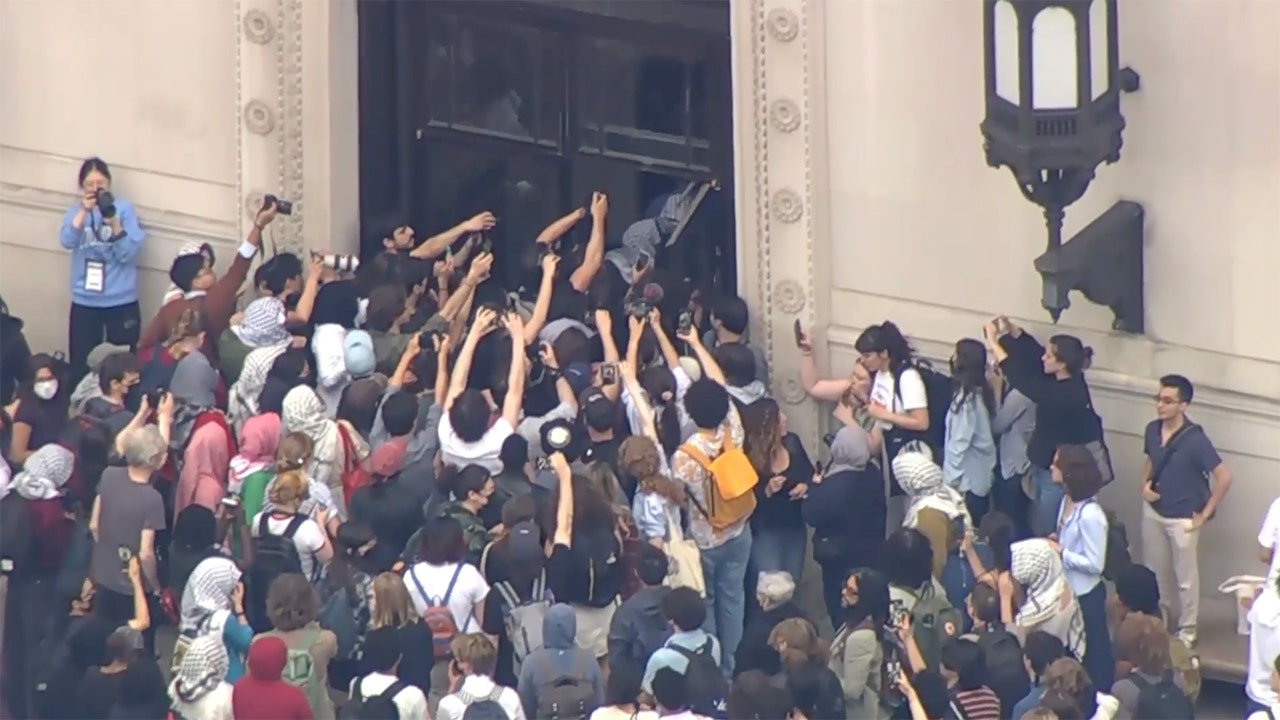
The EFF has accused the British High Commission in South Africa of deliberately failing to process a visa application in time for party leader Julius Malema to visit the UK
- EFF leader Julius Malema was set to address students at Cambridge University in the UK this weekend.
- However, the British High Commission did not process and approve his visa in time.
- The EFF has claimed that this move by the High Commission was deliberate.
The EFF has accused the British High Commission in South Africa of deliberately failing to process a visa application in time for party leader Julius Malema to visit the UK for an address at Cambridge University.
In a statement, EFF national spokesperson Sinawo Thambo said Malema was scheduled to address the 11th Annual Cambridge Africa Together Conference - an event hosted by the African Society of Cambridge University.
“In what can only be described as an administratively orchestrated ban on the president of the EFF, the British High Commission has actively delayed the processing and approval of the visa application by the CIC and has sent a letter of regret that it will not be processed in time for the address at Cambridge University which is scheduled for this weekend.
“This letter of regret was sent today [Wednesday], when the president was set to depart to the UK following a confirmation that the visa will be processed this afternoon [Wednesday],” Thambo added.
He described the failure to process the visa as nothing more than an “expression of bureaucratic process being used to suppress political dissent and to ban the voices of the EFF from building global solidarity against Western imperialism”.
READ | Fact-check: Malema's claims on farm killings, white victims, and 'secret US surveillance'
The African Society of Cambridge University invited Malema to address its 11th Annual Cambridge Africa Together Conference.
Thambo said the event was one of the university’s most prestigious occasions, which was set to be delivered to Africa’s leading policymakers, business leaders, economists and academics from universities across the globe.
“The EFF is well aware that this is a reflection of the attitude of imperialism against the commander-in-chief and the EFF, who has been a strong and critical voice against the United Kingdom for its role in the atrocities of colonialism, particularly the role of the British monarchy in the slave trade, its role in the sustaining of the genocide of the Palestinian people by Israel and the continued resistance by Britain regarding the paying of reparations to victims of colonial conquest.
He added:
The United Kingdom is not only suppressing academic freedom by essentially banning the president of the EFF from travelling to the country but is engaged in an open declaration of war against those who dare to stand up to warmongers, such as the British monarchy, which has the blood of the people of Kenya whom they brutalised during the Mau Mau rebellion still dripping from their hands.
Malema was highly critical of Queen Elizabeth, who died in 2022.
According to Thambo, the banning of Malema reflected the continued control of the political process in the UK by the British monarchy, which remains aggrieved by the EFF’s posture following the death of the late monarch.
“As the EFF, we want to reaffirm our statement on the death of Elizabeth Mary Windsor and remind the bureaucracy in the UK that their monarchy still owes the world a huge debt for the crimes they committed against humanity through colonialism,” he said.
The EFF thanked the students at Cambridge University for recognising and appreciating Malema “as one that is leading the resistance of imperialism and the independence of Africa”.
In a letter to EFF deputy president Godrich Gardee, British High Commissioner Antony Phillipson said he had been following the processing of the necessary visa for Malema.
Phillipson apologised that his colleagues at the UK Home Office said they would regrettably be unable to process the application.
This was due to the time owing to the necessary steps required to consider visa applications and the timing of some recent UK bank holidays.
“I recognise that this will be deeply disappointing, especially as the delegation applied in advance and some paid for priority service. I would like to assure you that I have taken a personal interest in this issue and have been in regular communication with relevant Home Office officials about this case including over the last week and this morning.
“I am afraid, though, that I have no means of intervening in the decision-making process itself, which is solely a matter for the Home Office.
“Given the fact that the purpose of the visit was to attend the Cambridge conference, and that will now no longer be possible ,it would be open to the delegation to withdraw their applications on this occasion. We have secured agreement from Home Office colleagues that should the delegation choose to do so, the Home Office will fully refund all application fees,” he said.
.png)
 German (DE)
German (DE)  English (US)
English (US)  Spanish (ES)
Spanish (ES)  French (FR)
French (FR)  Hindi (IN)
Hindi (IN)  Italian (IT)
Italian (IT)  Russian (RU)
Russian (RU) 





Comments